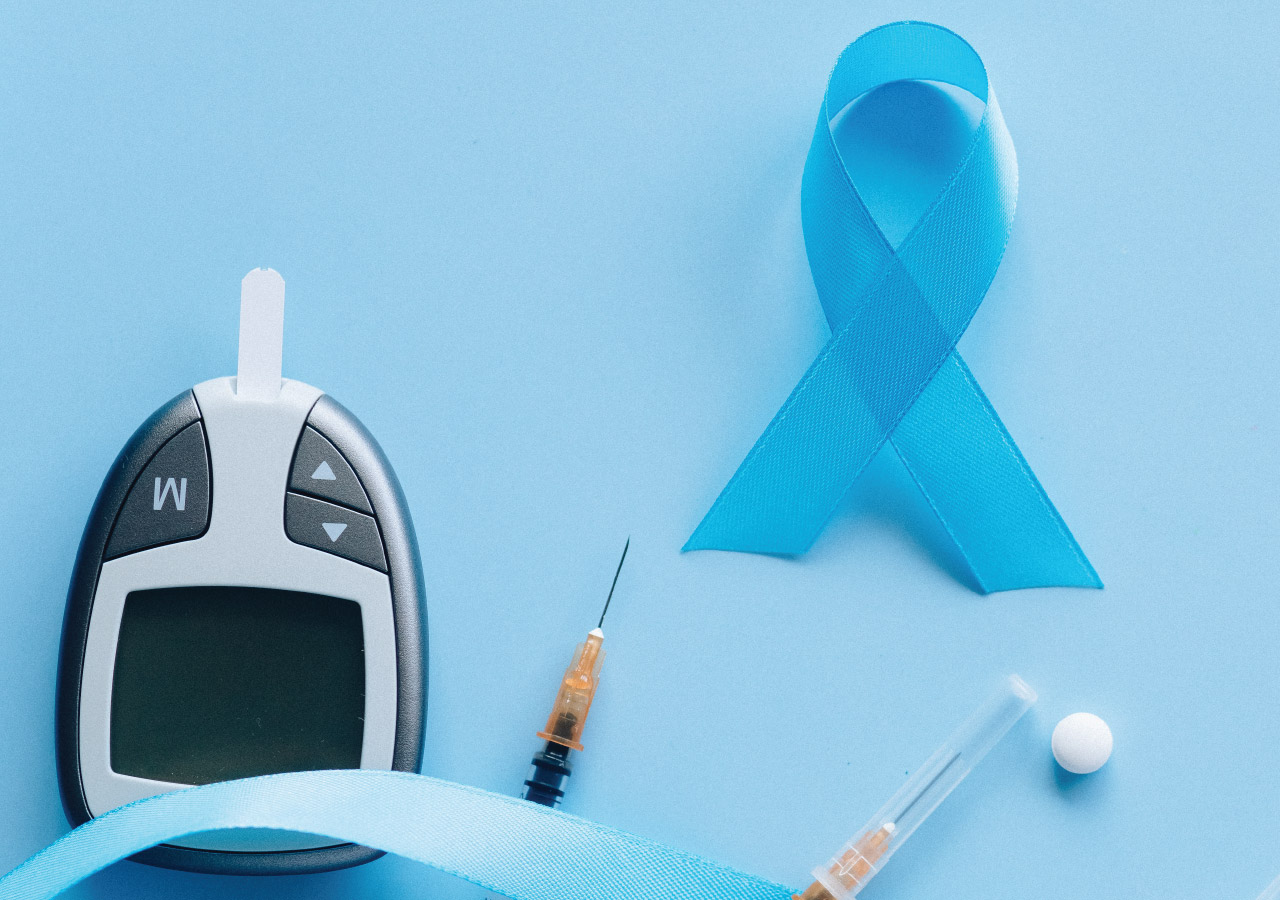Diabetes is a chronic health condition that affects the body’s ability to regulate blood sugar levels. Diabetes can have a significant impact on oral health, and people with diabetes are at an increased risk for developing oral health problems.
- Gum disease: Diabetes can increase the risk of developing gum disease, also known as periodontal disease. People with diabetes are more susceptible to bacterial infections, which can lead to inflammation and bleeding of the gums.
- Dry mouth: Diabetes can cause dry mouth, which can lead to an increased risk of tooth decay and infection. Dry mouth occurs when the salivary glands do not produce enough saliva to keep the mouth moist.
- Thrush: People with diabetes are at an increased risk for developing thrush, a fungal infection that affects the mouth and tongue. Thrush can cause white or red patches and soreness in the mouth.
- Delayed wound healing: Diabetes can affect the body’s ability to heal, and this can delay the healing of oral wounds. This can make it more difficult for the gums to heal after dental procedures, such as extractions or periodontal surgery.
- Tooth loss: People with diabetes are at an increased risk of tooth loss due to the combination of gum disease and delayed wound healing.
- Taste changes: some diabetics may experience changes in taste, which can cause a decrease in appetite, which in turn can lead to malnutrition.
Managing diabetes through proper diet, exercise, and medication can help to reduce the risk of oral health problems. Regular dental check-ups, good oral hygiene habits, and following a healthy diet can help to prevent oral health problems associated with diabetes.
It’s important for people with diabetes to work closely with their dentist and primary care physician to maintain good oral and overall health.



